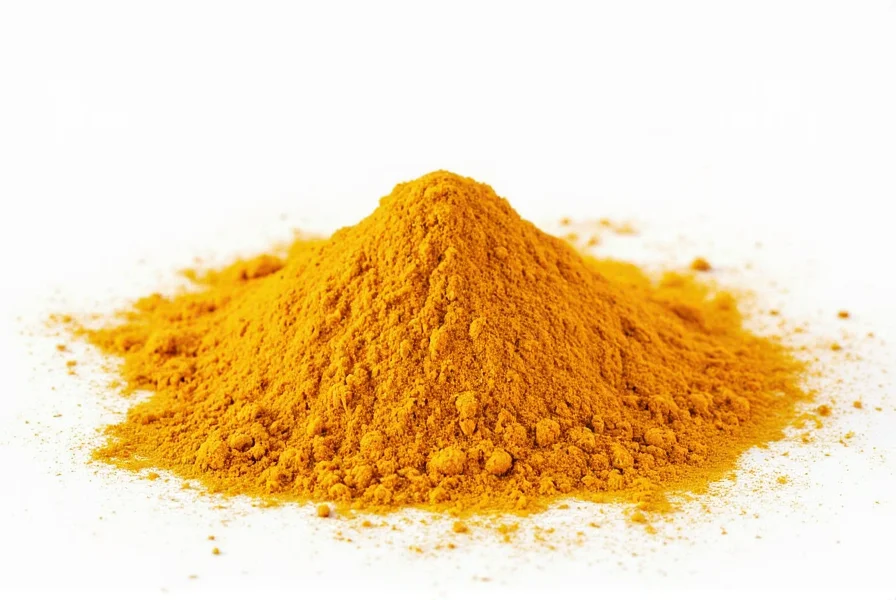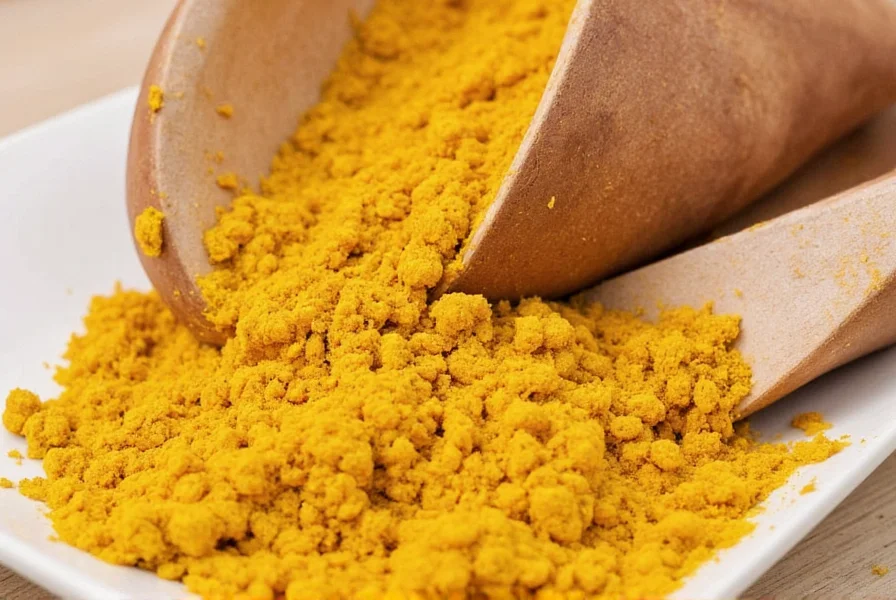For those exploring natural approaches to weight management, turmeric has gained attention in recent years. Understanding what the science actually says about does turmeric help with weight loss requires examining both the promising research and its limitations.
The Science Behind Turmeric and Weight Management
Turmeric (Curcuma longa) contains curcumin, which makes up about 2-8% of the spice. Curcumin demonstrates anti-inflammatory and antioxidant properties that may influence metabolic processes related to weight regulation. However, curcumin has notoriously poor bioavailability—meaning your body struggles to absorb it effectively without enhancement.
When evaluating can turmeric supplements aid weight loss, researchers have identified several potential mechanisms:
- Reducing inflammation in adipose (fat) tissue
- Modulating genes involved in fat metabolism
- Improving insulin sensitivity
- Suppressing fat tissue growth
- Enhancing thermogenesis (calorie burning)
What Does the Research Actually Show?
A 2022 meta-analysis published in Nutrition Reviews examined 12 randomized controlled trials involving 980 participants. The analysis found that curcumin supplementation resulted in an average reduction of 1.38 kg (3.04 lbs) in body weight and 0.95 cm in waist circumference compared to placebo groups. While statistically significant, these changes represent modest effects.
| Study Duration | Average Weight Change | Participants | Curcumin Dosage |
|---|---|---|---|
| 8 weeks | -1.88 kg (-4.14 lbs) | 44 | 800 mg/day + piperine |
| 30 days | -2.0 kg (-4.4 lbs) | 40 | 900 mg/day |
| 8 weeks | -1.47 kg (-3.24 lbs) | 70 | 1000 mg/day |
| 12 weeks | -2.6 kg (-5.73 lbs) | 100 | 1500 mg/day + piperine |
These results from clinical studies on turmeric for weight reduction suggest consistent but modest effects. Notably, studies using enhanced absorption formulas (combined with piperine from black pepper) generally showed better results.
Realistic Expectations for Weight Management
When considering how effective is turmeric for weight loss, it's crucial to understand that no supplement replaces fundamental lifestyle changes. The observed effects represent:
- Complementary support rather than primary intervention
- Modest reductions that occur over months, not weeks
- Best results when combined with calorie-controlled diets
- More significant effects in individuals with metabolic syndrome
A 2021 study in Complementary Therapies in Medicine found that participants with metabolic syndrome experienced greater benefits from curcumin supplementation than those without these conditions. This suggests turmeric may work best for specific populations rather than universally.

Safety and Practical Considerations
For those exploring using turmeric supplements for weight management, several factors matter:
Dosage and Absorption
Most effective studies used 500-1500 mg of curcumin daily, typically combined with piperine (black pepper extract) to enhance absorption by up to 2000%. Without this enhancement, much of the curcumin passes through your system unabsorbed.
Safety Profile
Turmeric is generally safe at culinary doses. Supplemental doses up to 8 grams daily show good tolerance in studies, though typical weight management protocols use 500-1500 mg. Potential side effects include:
- Digestive discomfort at high doses
- Increased risk of kidney stones in susceptible individuals
- Potential interactions with blood thinners
- Contraindicated for people with gallbladder issues
Always consult your healthcare provider before starting any new supplement regimen, especially if you have underlying health conditions or take medications.

Integrating Turmeric into a Comprehensive Weight Management Plan
When evaluating does turmeric really help with weight loss, position it as one component of a multifaceted approach:
- Prioritize foundational habits: Focus first on balanced nutrition, portion control, and regular physical activity
- Consider enhanced formulations: Look for supplements containing piperine or other absorption enhancers
- Be patient and consistent: Allow 8-12 weeks to assess potential effects
- Track comprehensive metrics: Monitor waist circumference, body composition, and metabolic markers alongside weight
- Consult professionals: Work with a registered dietitian or healthcare provider for personalized guidance
Conclusion: Managing Expectations with Evidence
The question does turmeric help with weight loss receives a qualified "yes" from current research—but with important caveats. Turmeric, particularly in the form of enhanced curcumin supplements, may provide modest support for weight management efforts when combined with diet and exercise. However, it should not replace fundamental lifestyle changes or serve as a primary weight loss strategy.
For most people seeking sustainable weight management, focusing on evidence-based approaches like balanced nutrition, regular physical activity, and adequate sleep will yield significantly better results than relying on any single supplement. Turmeric may offer complementary benefits, but realistic expectations are crucial when considering natural weight loss supplements with turmeric.










 浙公网安备
33010002000092号
浙公网安备
33010002000092号 浙B2-20120091-4
浙B2-20120091-4